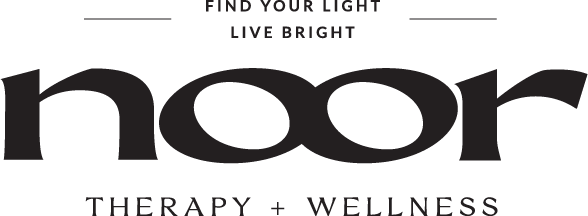Children of immigrants
You don’t know how to be close to your immigrant family and also take care of your mental health.
Setting boundaries with your family is near impossible and you feel clumsy and guilty whenever you try to set them.
You struggle with self-care and knowing what you need emotionally. You tend to avoid your uncomfortable emotions altogether.
Your worth is definitely tied up in your accomplishments and how productive you are.
You don’t feel like the mental health guidance out there fits for you and your family.
You grew up with one foot in your parents’ culture and the other foot in the western world. Your entire existence has been spent straddling different cultures – each with its own norms, values, and standards. You are really good at being a social chameleon, keenly aware of how to switch your way of speaking, dressing, relating, and being to fit the environment and what is expected of you. Maybe too good.
You don’t always think about the weight of having to live here and there simultaneously but every once in a while you are reminded that you belong everywhere and nowhere at once. Being a child of immigrants feels like a lonely experience. You’re too “American” for your family and too “ethnic” for the white world. You wonder where you truly belong.
Although you’ve been raised to put family above all else, you and your parents can’t quite see eye to eye on everything. One part of you wants their approval and to make them happy. After all, they have sacrificed so much for you. You feel guilty at having so many experiences that they will never get. You know they gave up so much to give you a better life and you don’t want to be seen as ungrateful or disrespectful. But another part also feels like you need to find your own way. As you’re learning about mental health, you’re realizing just how much was wrong with your childhood. You feel guilty about seeing them in a negative light but you know that your issues with your setting boundaries, people-pleasing, overworking, self-care and feeling difficult emotions is directly related to some of the cultural messages you received. It feels overwhelming and slightly sacrilegious to explore further.
Even though you have unique dilemmas, you also have unique strengths. While you may have inherited intergenerational trauma, strengths, resources, and tools for healing have also been passed down. You need a skilled, culturally-informed therapist to help you navigate this messy terrain and work with, rather than against, your culture.
Most therapist have little training in working with the unique needs and challenges of children of immigrants and BIPOC folks. Most therapy theories and interventions are based in a white, western view of health and relationships. You need someone with both lived experience who understands and professional tools that work.
Reach out to learn about how therapy with the team at Noor, comprised of the daughters of immigrants, can help you feel deeply connected to your culture in a way that is healthy, sustainable, and meaningful.

